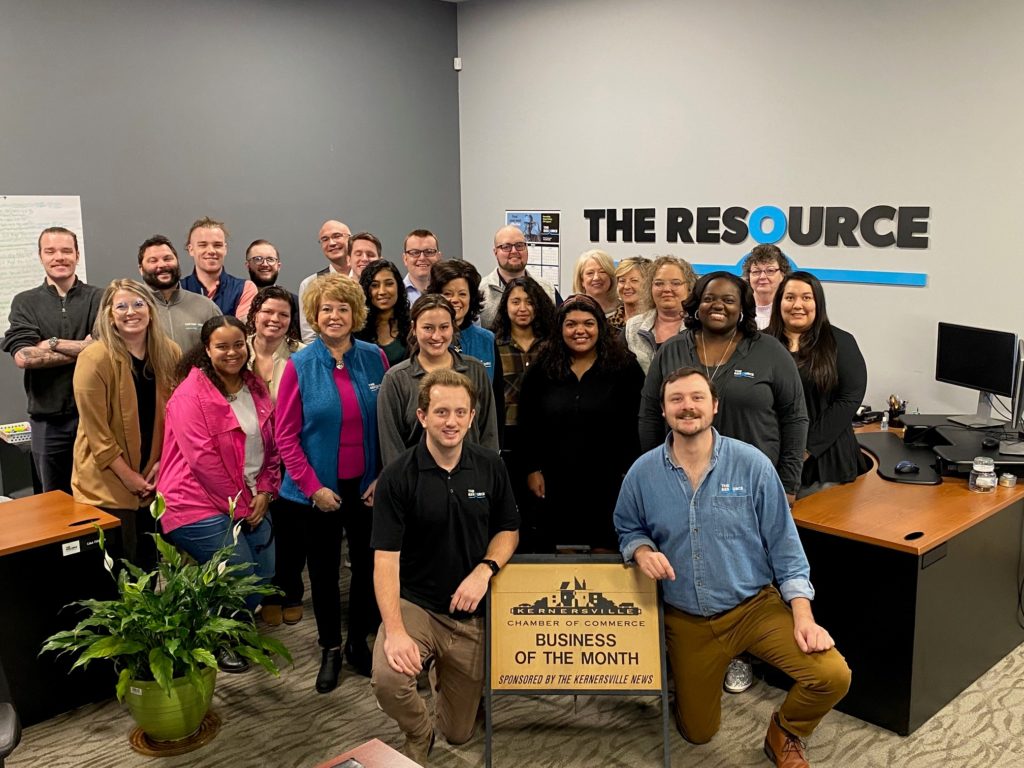Because replacing an employee is an expensive and time-consuming endeavor that typically costs thousands of dollars (or more), it’s important that someone who is preparing to leave an organization go through one crucial process that can have a big impact on the efforts to recruit and hire their replacement: the exit interview. It’s HR’s last chance to find out just what makes that employee tick—what they want in a job, why they are leaving, and whether something about the work environment or company culture made them want to leave. Following exit interview best practices can yield valuable insight. And organizations that don’t take advantage of this opportunity may find themselves replacing their next employees sooner than they’d like. Simply put, an exit interview is a conversation that a company representative has with an employee just before they leave a job. Its goal is to gather the departing employee’s feedback so that the organization can improve and reduce future turnover. Employee exit interviews typically take one of two forms: There’s a common perception that an exit interview helps only the organization and not the departing employees. When done correctly, though, it can actually benefit both parties. Genuine feedback. The point of an exit interview isn’t to get bland, vague answers to generic questions. Even if it’s difficult for the organization to hear, genuine feedback is extremely helpful. Therefore, the company representative must be unafraid to ask tough questions. The key to getting that information during offboarding is to make employees feel safe and to reassure them of the value of their feedback. The time of an employee’s departure from a job is when they are likely to feel the most comfortable being frank and honest. An amicable separation. Exit interviews should take place whether the employee is leaving voluntarily or involuntarily. In either case, the process should be as positive as possible, even when employees are airing grievances or upset that they have been let go. Failing to be kind and patient can result in long-term issues, such as data breaches. Explanation of the offboarding process. Offboarding can be a complicated process, and employees often need help understanding issues such as health insurance coverage, severance packages, reapplication processes, equipment return, and noncompete clauses. The exit interview is the ideal setting for discussing and resolving any lingering questions about these (and other) topics. Support for an employee's transition. An employee moving into a new phase of their career might not be sure how to navigate what comes next. They may need help setting up COBRA insurance, for example, or they might want the exit interview to provide feedback on their performance so that they can understand what changes they may need to make in the future. Protection for the company's reputation. People talk. Employees tell their friends and family about their current and previous employers—and they’re not afraid to dish about them. Simply giving employees a chance to get things off their chest in the exit interview can prevent them from spreading negative opinions about the organization. At the same time, the interview can be an opportunity to clear up misunderstandings and diffuse some of the negativity. By following these six practices, HR can increase the effectiveness of their exit interviews and create experiences that yield valuable information that organizations can actually use. Schedule the exit interview (and communicate its purpose). Although an exit interview can take place at any time between when an employee decides to leave and their last day, many HR leaders prefer to schedule it on the employee's final day, ideally right before the employee walks out the door for the last time. To make the process as smooth and productive as possible, HR should plan the interview well in advance, emphasize its importance, and describe the types of questions that will be asked. That way, everyone will be prepared and ready to go at the start of the interview time. Include a neutral party. To encourage an employee to be frank and honest, the person conducting the exit interview should not be their direct manager or a close coworker. Even when the employee has a good relationship with their manager, it can be hard for them to feel comfortable sharing everything with someone they know well. Encourage openness by reinforcing confidentiality. Most employees have no desire to burn bridges when leaving a job, which is why many are hesitant to share honest feedback. Interviewers should assure employees that confidence will be maintained and that their feedback will not be directly tied to them. Departing employees who might want to return at some point down the road won’t want any negative comments coming back to haunt them. Prepare appropriate (and useful) questions. Interviewers who try to wing it with exit interviews usually end up kicking themselves afterward for forgetting crucial questions or getting sidetracked into unproductive conversations. By outlining the interview and writing down questions ahead of time (and even doing a little bit of research on the departing employee), interviewers can avoid wasting time and help employees feel seen. Express excitement and support. It’s always disappointing when top performers leave, but organizations that genuinely care about their employees should be excited that they’re taking on new challenges. Where appropriate, companies should express appreciation for their departing employees’ contributions and enthusiasm for the next step of their journey. Implement the feedback. If nobody learns anything from an exit interview, there’s no point in doing one. The most important thing to do after an exit interview is to make needed changes based on the information it yields. Not all exit interviews will provide actionable knowledge, but at the very least they can shed some light on trends or patterns. Avoiding the following pitfalls can help ensure that the last interaction a departing employee has with the organization is both positive and fruitful. Denying or dodging critical feedback. It can be easy to take a defensive stance when someone is providing a lot of feedback (let alone criticism). Whether those criticisms are fair or not, though, the exit interview isn’t the place to try to refute or argue against them. Oversharing. An interviewer (especially one who has a close relationship with the departing employee) might be tempted to respond to exit interview feedback with a bit of insider information (e.g., “Between you and me, you’re not the only one to report that behavior from her”). It’s especially important for interviewers to maintain a professional boundary and not let slip anything that could create legal problems for the company. Pressuring or forcing employees to participate. Some employees won’t want to do exit interviews. This can be disappointing for the organization, but forcing their participation likely won’t result in any productive outcomes. If they need to sign any paperwork or complete any procedures, give them a task list and due dates; as their final day approaches check in to ensure that all of their offboarding ducks are in a row. When it comes to offboarding, information is HR’s best friend. The exit interview is the perfect place to make sure that both the organization and the departing employee have the most helpful information possible. By keeping the interview goals in mind and following best practices, both parties will be able to part on great terms. What Is an Exit Interview?
Goals of Successful Exit Interviews
Exit Interview Best Practices
Common Exit Interview Mistakes










